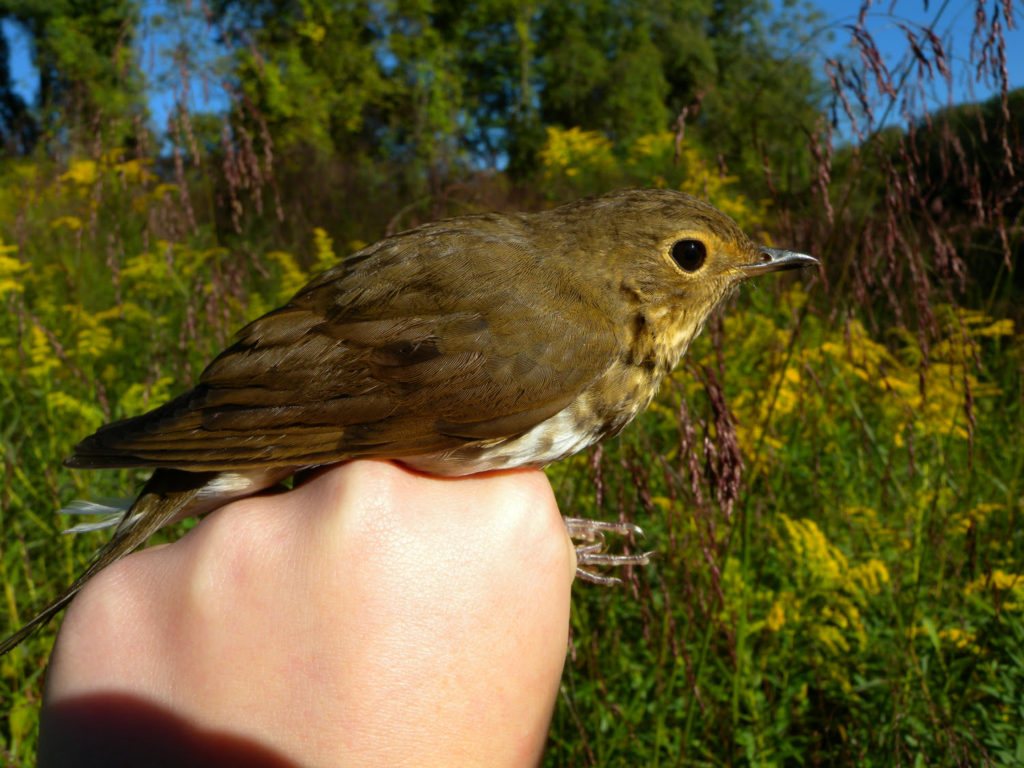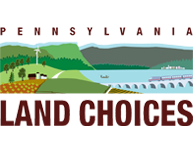A research collaboration led by the Willistown Conservation Trust, in partnership with several state agencies and nonprofits, received a $500,000 grant from the U.S. Fish and Wildlife Service (USFWS) to dramatically expand a new migration tracking system across a five-state area.
The grant, awarded through the Pennsylvania Game Commission and Maryland Department of Natural Resources, will be administered by the Willistown Conservation Trust in Chester County on behalf of the Northeast Motus Collaboration, a partnership of the Willistown Conservation Trust; the Ned Smith Center for Nature and Art; Project Owlnet; and the Carnegie Museum of Natural History’s Powdermill Nature Reserve.
Funding will establish 46 additional telemetry receiver stations in New York, Pennsylvania, Maryland, New Jersey, and Delaware, to enhance 30 placed in Pennsylvania over the past two years. The receiver array will be part of the rapidly expanding Motus Wildlife Tracking System which includes more than 500 stations worldwide.

The grant will be used to study eight species of greatest conservation need in the Mid-Atlantic Region: Bicknell’s and Swainson’s wood thrushes; blackpoll and Canada warblers; rusty blackbirds; American woodcocks; and northern myotis bats.
The Motus technology allows scientists to track migrants too small to tag with traditional transmitters, like a gray-cheeked thrush that made a remarkable 46-hour, 2,200-mile flight from Colombia to Ontario.






